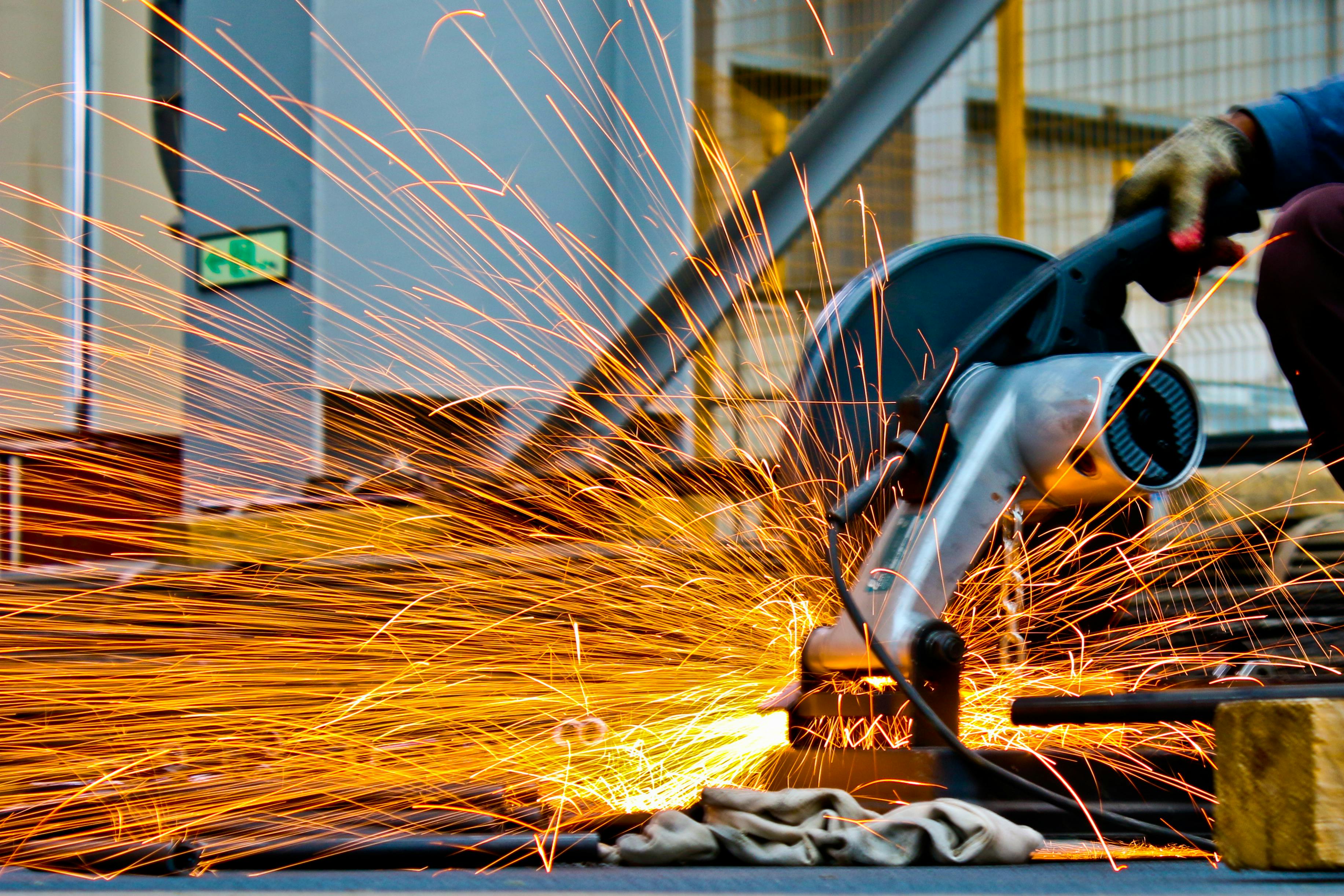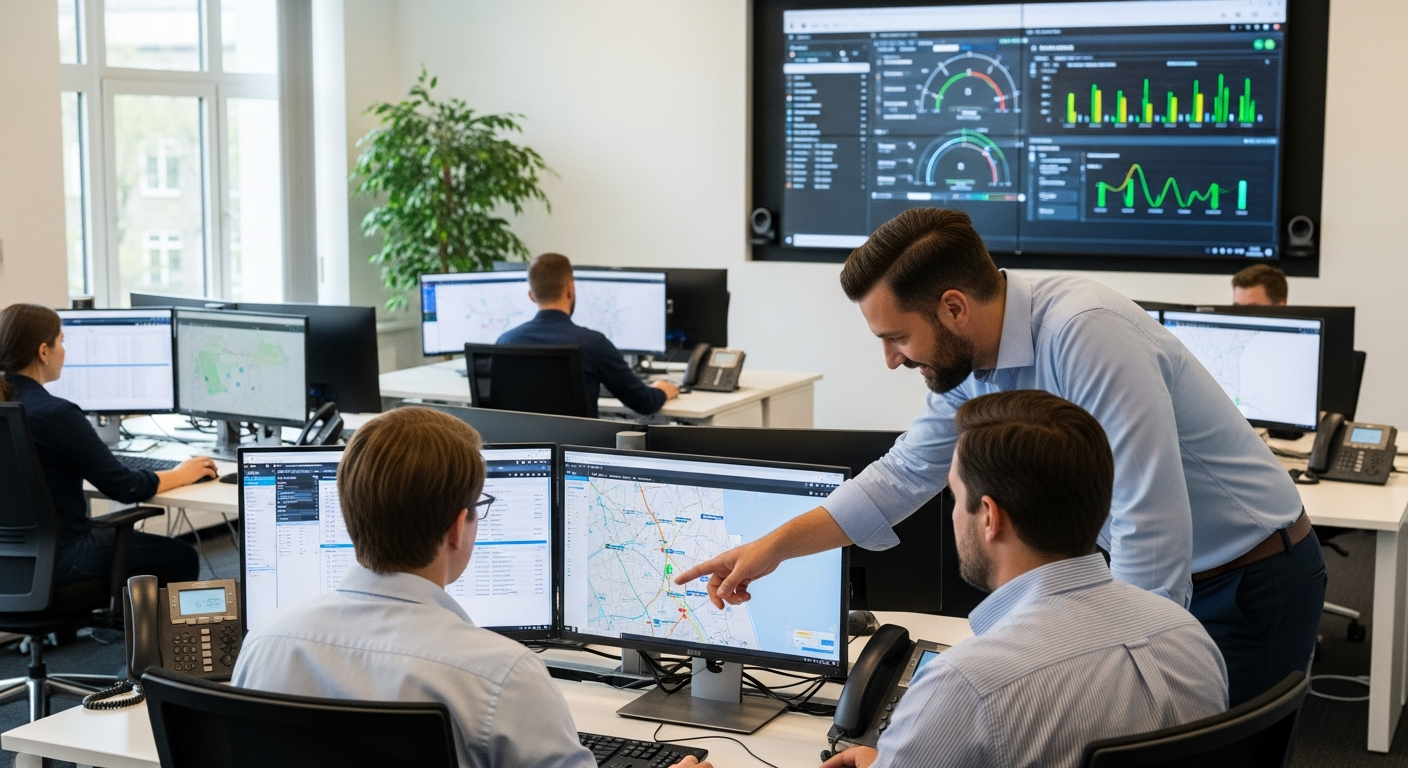What Are the Best Welding Machines for Professional Use?
Professional welding requires reliable, high-performance equipment that can withstand demanding environments and produce consistent results. Whether you're a seasoned professional or looking to upgrade your workshop capabilities, choosing the right welding machine is crucial for quality output and efficiency. This comprehensive guide examines the best welding machines for professional applications, from industrial metal fabrication to workshop operations, helping you make an informed decision based on your specific welding requirements.

Understanding Different Welding Machine Types for Professional Applications
When considering professional welding equipment, it’s important to understand the fundamental differences between welding processes. MIG (Metal Inert Gas) welders are versatile and relatively easy to use, making them popular for production environments where speed and efficiency matter. TIG (Tungsten Inert Gas) welders provide exceptional precision and clean welds on thinner materials, ideal for detailed fabrication work. Stick welders offer durability and portability for outdoor projects or challenging environments. Multi-process welders combine these capabilities but may sacrifice some specialized performance. The best choice depends on the specific demands of your professional applications and the materials you commonly work with.
Best Industrial Welding Machines for Metal Fabrication
Industrial welding machines designed for metal fabrication must deliver consistent performance under heavy use. The Lincoln Electric Power Wave S500 stands out for its advanced waveform technology and networking capabilities, making it ideal for production environments. Miller Electric’s Dimension 650 offers exceptional versatility with multi-process capabilities and enough power for thick material applications. For aluminum-intensive work, the ESAB Rebel EMP 235ic provides outstanding performance with its specialized pulsing technology. These industrial-grade machines feature robust duty cycles of 60-100%, allowing for extended operation in production environments without overheating or performance degradation.
Top-Rated Portable Welding Machines for Workshops
Workshop professionals often need powerful yet portable welding solutions. The Miller Electric Multimatic 220 AC/DC offers impressive versatility in a relatively compact package, handling TIG, MIG, and stick welding with professional-level results. For those prioritizing portability, the ESAB Rebel EMP 205ic AC/DC weighs just 50 pounds yet delivers exceptional performance across multiple processes. The Lincoln Electric Power MIG 210 MP combines affordability with versatility, making it a favorite for small to medium workshops. These machines balance power with mobility, featuring duty cycles between 40-60% that accommodate professional workshop demands while maintaining reasonable portability for different job sites or workshop configurations.
How to Choose a TIG or MIG Welder for Professional Use
Selecting between TIG and MIG welding machines depends largely on the nature of your professional work. For TIG welders, prioritize machines with AC/DC capabilities if you’ll work with both aluminum and steel. Look for foot pedal compatibility and adjustable pulse settings for precision control. Advanced TIG machines like the Miller Dynasty 280 DX offer programmable memory settings that streamline repetitive tasks. For MIG welders, consider wire feed speed range, duty cycle at your typical amperage, and whether you need pulsed capabilities for specialized applications. Many professionals benefit from dual-voltage capabilities that allow operation from standard household outlets as well as 240V industrial power sources, providing flexibility across various work environments.
Essential Features That Define Professional-Grade Welding Equipment
Professional welding equipment is distinguished by several key features that separate it from hobbyist machines. Look for duty cycles of at least 40% at your typical operating amperage, ensuring the machine can handle extended use without overheating. Digital controls with parameter presets save valuable time when switching between materials or thicknesses. Advanced thermal protection systems prevent damage during intensive use. For TIG welding, high-frequency start capabilities provide contamination-free arc initiation. Professional-grade MIG welders should offer both constant voltage and pulsed capabilities. Additionally, proper input power protection features safeguard sensitive electronics from power fluctuations that are common in industrial settings. The build quality of professional equipment is designed for daily use and includes reinforced cases, quality internal components, and superior cooling systems.
Comparing Top Professional Welding Machines: Features and Price Points
When investing in professional welding equipment, understanding the relationship between features and cost is essential for making an informed decision that aligns with your specific needs and budget.
| Welding Machine | Type | Key Features | Duty Cycle | Material Thickness | Approximate Price |
|---|---|---|---|---|---|
| Miller Dynasty 280 DX | TIG/Stick | AC/DC, advanced pulse control, memory settings | 60% at 250A | Up to 3/8” (single pass) | $5,800-$7,000 |
| Lincoln Electric Power Wave S500 | Multi-process | Advanced waveform control, network connectivity | 100% at 450A | Up to 3/4” (single pass) | $8,500-$10,000 |
| ESAB Rebel EMP 235ic | Multi-process | sMIG technology, portable design | 40% at 250A | Up to 1/2” (single pass) | $3,200-$3,800 |
| Hobart Handler 310 | MIG | Industrial-grade wire feed, thermal protection | 60% at 300A | Up to 5/8” (single pass) | $2,400-$3,000 |
| Everlast PowerTIG 255EXT | TIG/Stick | Digital controls, AC/DC, pulse features | 60% at 250A | Up to 3/8” (single pass) | $2,100-$2,600 |
Prices, rates, or cost estimates mentioned in this article are based on the latest available information but may change over time. Independent research is advised before making financial decisions.
Maximizing Return on Investment with Professional Welding Equipment
Professional welding machines represent a significant investment, but they deliver returns through improved efficiency and capabilities. To maximize this return, consider both immediate needs and future growth when selecting equipment. Multi-process machines offer versatility that can adapt to changing project requirements. Look for machines with firmware update capabilities to future-proof your investment. Proper maintenance extends equipment life—regular cleaning of feed mechanisms, replacing consumables before they fail, and ensuring proper power supply protection all contribute to longevity. Many professional welders find that investing in higher-end models with extended warranties ultimately provides better value than replacing lower-quality machines repeatedly. Additionally, equipment with user-friendly interfaces reduces training time for new operators and improves workflow efficiency across your operation.
The best welding machine for professional use ultimately depends on your specific application requirements, work environment, and budget constraints. By carefully assessing these factors and understanding the capabilities of different machine types, you can select equipment that will deliver reliable performance and quality results for years to come.




